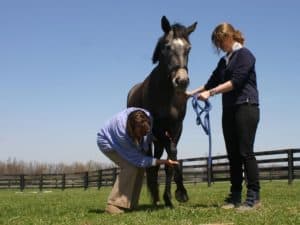
Is My Horse Neurologic or Lame?
Gait-altering conditions such as EPM, wobbler syndrome, and Lyme disease can be tricky to spot and even more difficult to diagnose.

Gait-altering conditions such as EPM, wobbler syndrome, and Lyme disease can be tricky to spot and even more difficult to diagnose.
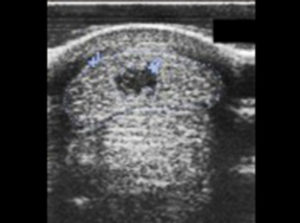
Learn how veterinarians use ultrasound to diagnose, treat, and monitor musculoskeletal injuries in horses.
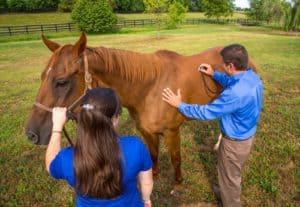
Find out what conditions, beyond lameness, a veterinarian might uncover during a prepurchase exam.
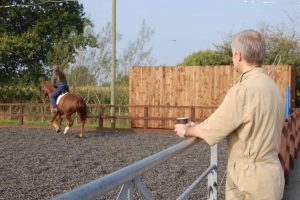
Learn how veterinarians get to the bottom of this complex cause of poor performance.
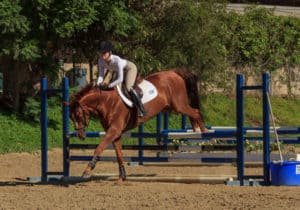
Find out what a veterinarian might look for when examining a horse that loses his balance after jumping a fence.
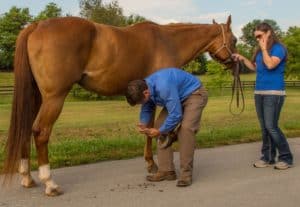
Owner-provided information and a thorough lameness examination can help veterinarians start meaningful investigations into front foot lamenesses.

Learn how these injuries happen, how veterinarians treat them, and tips for preventing them in the first place.
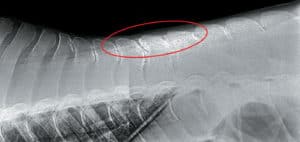
Find out how veterinarians diagnose and treat this complex condition.
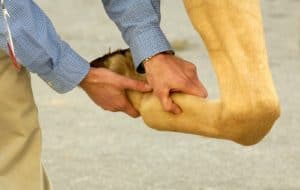
Soft tissue injuries can occur in any horse. Learn about the injury cascade and how to help horses on the road to recovery.

Equine standing CT is an accurate diagnostic imaging tool that could make CT safer and more accessible due to its ease of use.

Catching and diagnosing equine lameness early, when you first notice something is “not quite right,” gives your horse a better chance for a quick recovery.
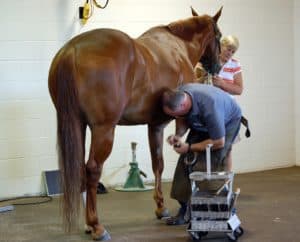
Read about the steps veterinarians and farriers take to identify, evaluate, and treat riding horses’ hoof problems.
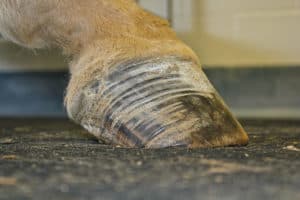
Find out how to recognize when a horse is at risk of developing EMS-related laminitis and what you can do to either prevent or manage it so he stays sound.
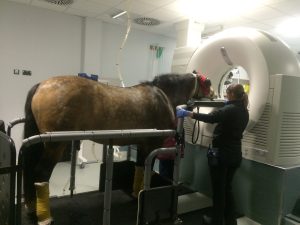
How veterinarians are applying computed tomography in equine medicine and what they’re learning about its use.
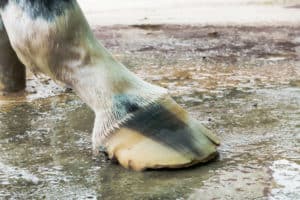
Can a horse go lame because of extreme hoof cracks and not being trimmed regularly?
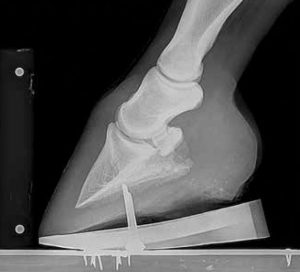
Meet Beau, and follow the 8-year-old Quarter Horse’s journey from subtle lameness to return to performance.
Stay on top of the most recent Horse Health news with
© 2022 Copyright Statement dolor sit amet, consetetur sadipscing User Terms, sed diam nonumy eirmod tempor invidunt ut labore et dolore magna aliquyam erat, sed diam voluptua. At vero eos et accusam et justo duo dolores et ea rebum. Stet clita kasd gubergren, no sea takimata sanctus est Lorem ipsum dolor sit amet.
"*" indicates required fields